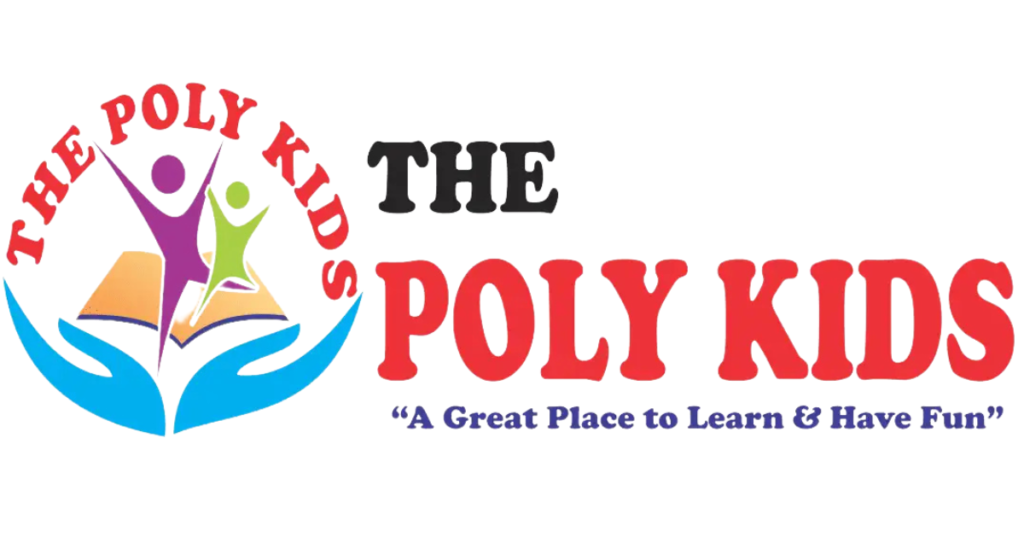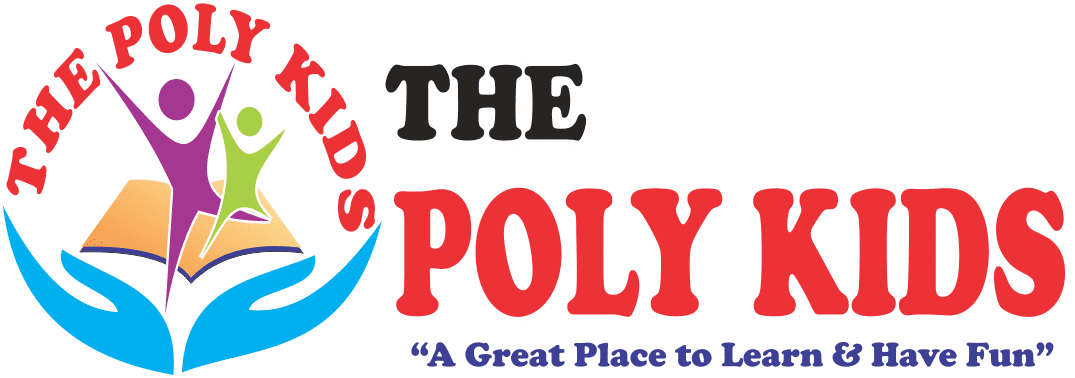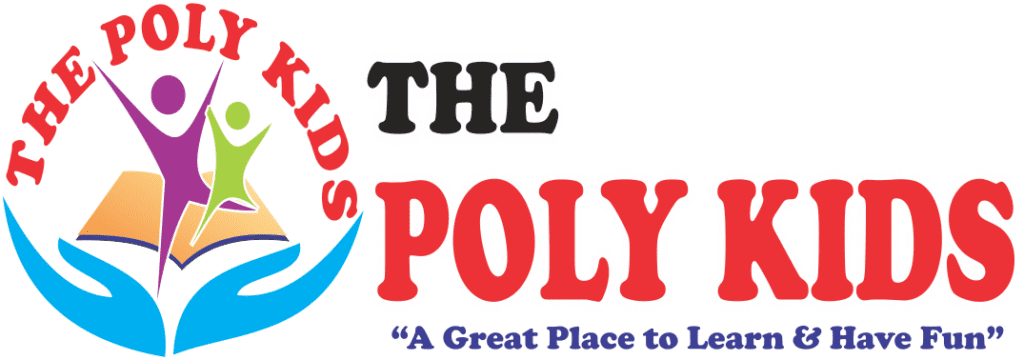Introduction:
In the dynamic landscape of education, the role of play in learning has gained immense recognition. From daycare centers to primary schools, educators are incorporating educational games and toys to create engaging and enriching experiences for children. In this blog post, we will explore the significance of play-based learning and recommend age-appropriate games and toys for various educational stages, including daycare centers, kindergarten, pre-school, nursery school, and primary school. Let’s dive into the world of educational play and discover how it contributes to a child’s holistic development.
Daycare Centers: Fostering Early Development
Daycare centers play a crucial role in laying the foundation for a child’s growth. Interactive toys such as stacking cups and soft building blocks enhance motor skills and coordination.
Incorporating musical toys in daycare settings introduces children to rhythm and sound, stimulating their auditory senses.
Kindergarten Schools: Building Social Skills through Play
Socialization is a key focus in kindergarten. Board games like ‘Snakes and Ladders’ encourage turn-taking and teamwork.
Educational puzzles with large pieces promote problem-solving and spatial awareness, preparing children for more complex challenges ahead.
Primary Schools: Integrating Technology and Learning
In the era of digital education, primary schools can introduce educational games on tablets or computers to enhance cognitive abilities.
STEM-based toys like robotics kits contribute to a hands-on understanding of science, technology, engineering, and mathematics.
Pre-Schools: Nurturing Creativity with Artistic Toys
Playdough and art supplies in pre-schools foster creativity and self-expression.
Storytelling games enhance language skills, promoting vocabulary development in a fun and interactive way.
Nursery Schools: Developing Fine Motor Skills
Building on foundational skills, nursery schools can incorporate toys like threading beads to enhance fine motor skills.
Interactive learning mats with alphabets and numbers create a playful environment for early literacy and numeracy.
Play Schools: The Power of Role-Playing
Play kitchens and doctor sets facilitate imaginative play, allowing children to explore different roles and scenarios.
Board games focusing on counting and color recognition add an educational dimension to recreational play.
Pre-Primary Schools: Embracing Outdoor Learning
Outdoor games such as hopscotch and nature scavenger hunts promote physical activity and an understanding of the environment.
Gardening kits in pre-primary schools instill a sense of responsibility and curiosity about the natural world.
Best Play School in Dehradun: Blending Fun and Education
The best play schools in Dehradun recognize the importance of a balanced approach to education, incorporating a variety of games and toys for holistic development.
With a focus on both cognitive and emotional growth, these schools create a nurturing environment for young learners.
Top Pre-School in Dehradun: A Playful Approach to Learning
Top pre-schools in Dehradun prioritize play-based learning, offering a diverse range of educational games and toys.
Their commitment to quality education includes selecting toys that align with developmental milestones for each age group.
Educational Games as Learning Tools
Beyond traditional toys, educational games like Scrabble and chess enhance critical thinking and strategic skills.
These games, when integrated into the curriculum, provide a structured approach to learning while keeping students engaged.
The Impact of Play on Cognitive Development
Research indicates that play stimulates brain development by creating new neural connections.
Educational games that challenge the mind contribute to improved memory, problem-solving, and decision-making skills.
Addressing Diverse Learning Styles
Every child learns differently, and educational games cater to various learning styles.
Visual learners benefit from colorful puzzles, while kinesthetic learners thrive through hands-on activities like building blocks.
Inclusive Play: Catering to Different Abilities
Educational games and toys are designed to be inclusive, considering the diverse needs of children.
Tactile and sensory toys are especially beneficial for children with special needs, providing a sensory-rich learning experience.
Parental Involvement: Extending Learning Beyond the Classroom
Encouraging parents to engage in play-based learning at home strengthens the connection between school and family.
Educational board games become a valuable tool for family bonding while reinforcing academic concepts.
Adapting to Technological Advancements
Virtual reality (VR) and augmented reality (AR) educational games offer immersive learning experiences.
Schools that embrace technological advancements provide students with a futuristic and engaging educational journey.
Promoting a Love for Reading through Games
Reading-oriented games and interactive storybooks cultivate a love for literature from a young age.
This early exposure to reading materials sets the stage for a lifelong appreciation for books and knowledge.
Monitoring Screen Time: Striking a Balance
While technology has its benefits, it’s crucial to monitor screen time for young learners.
Schools and parents should collaborate to ensure a healthy balance between digital and physical play.
Assessing Progress Through Play-Based Evaluation
Play-based assessments provide valuable insights into a child’s developmental milestones.
Observing how a child interacts with educational games helps educators tailor their approach to individual needs.
Community Engagement: Showcasing Learning Through Play
Hosting events where children can showcase their projects and games fosters a sense of community.
This engagement allows parents and the community to witness the educational value of play.
Continuous Learning: Evolving with Educational Trends
Educational institutions should stay updated on emerging trends in play-based learning.
Regularly updating the selection of games and toys ensures that educational practices remain innovative and effective.
Conclusion:
In conclusion, the integration of educational games and toys in daycare centers, kindergarten schools, pre-schools, nursery schools, and primary schools is a progressive approach to education. The journey from the best play school in Dehradun to the top preschool in Dehradun is enriched with play-based learning experiences that contribute to a child’s holistic development. By recognizing the importance of age-appropriate games and toys, educational institutions pave the way for a future where learning is not just informative but also enjoyable.


